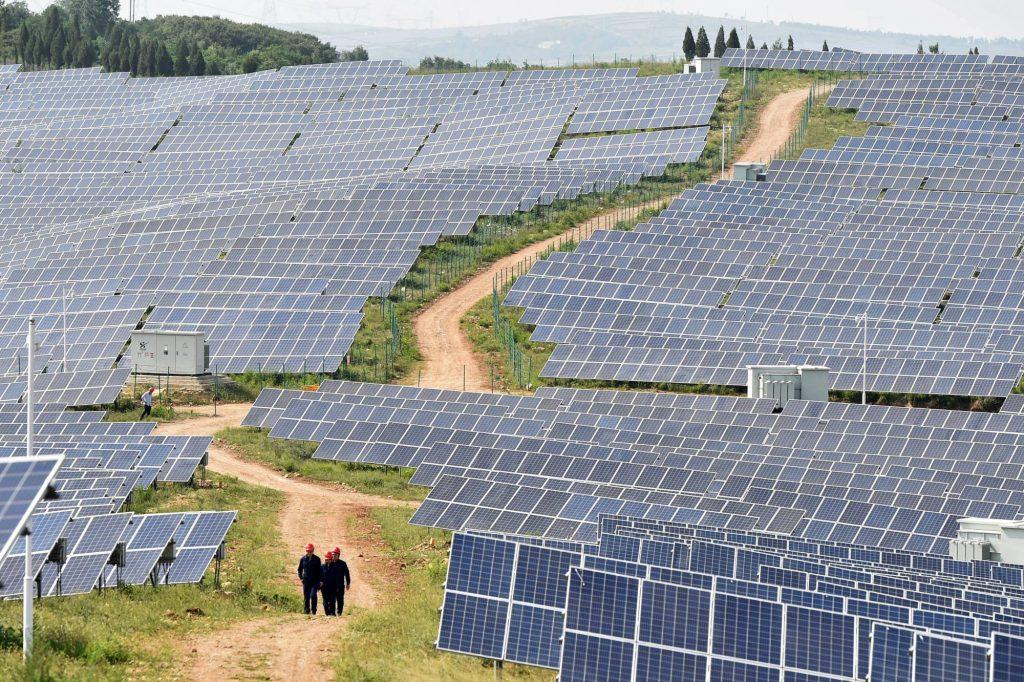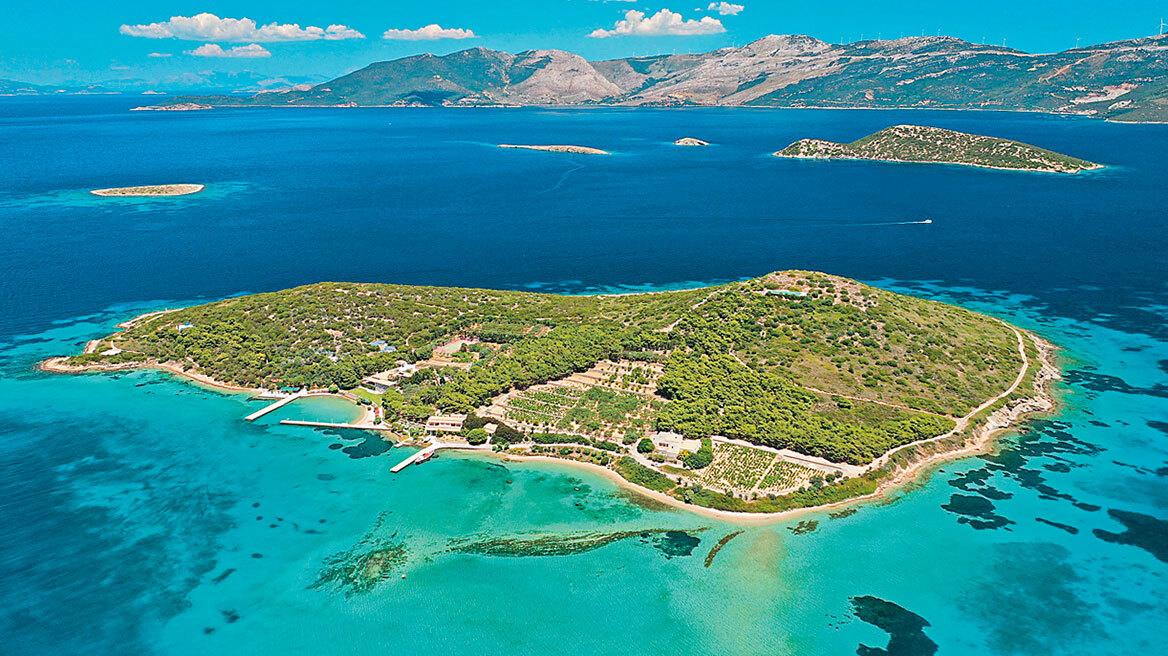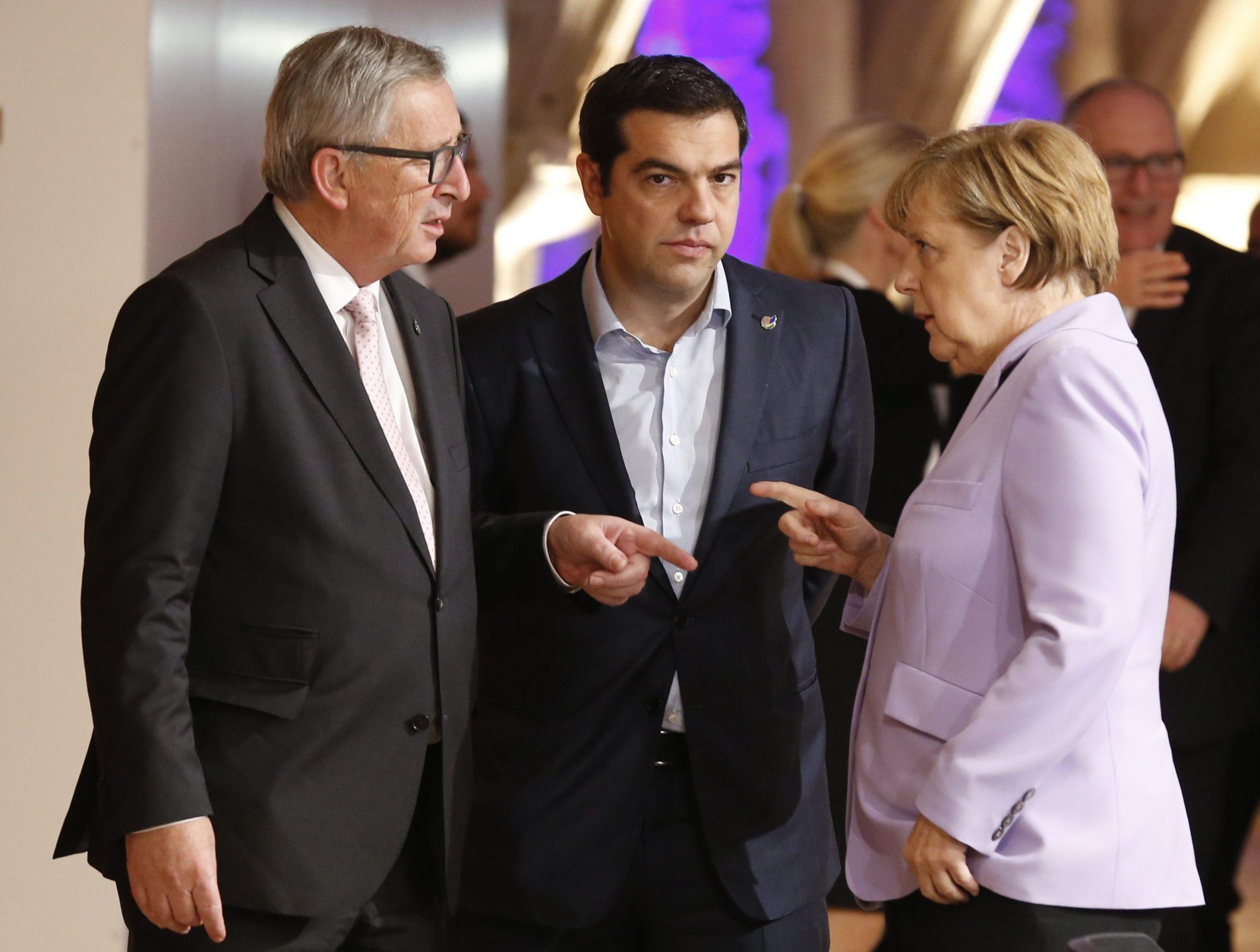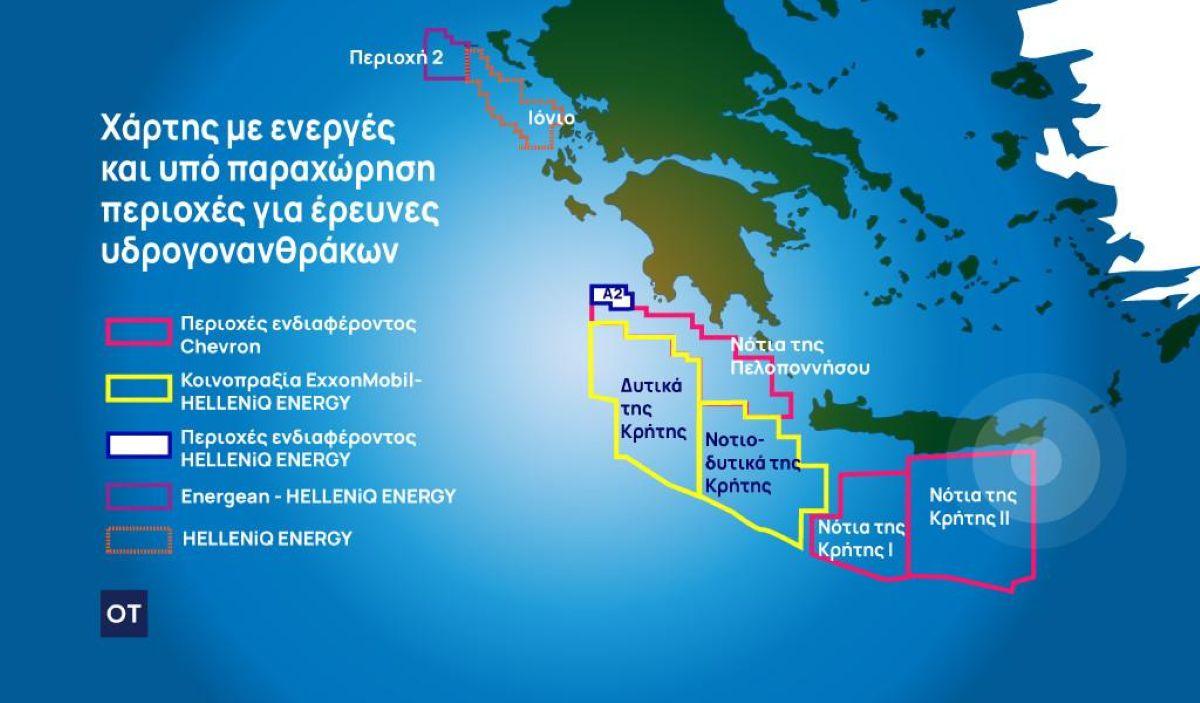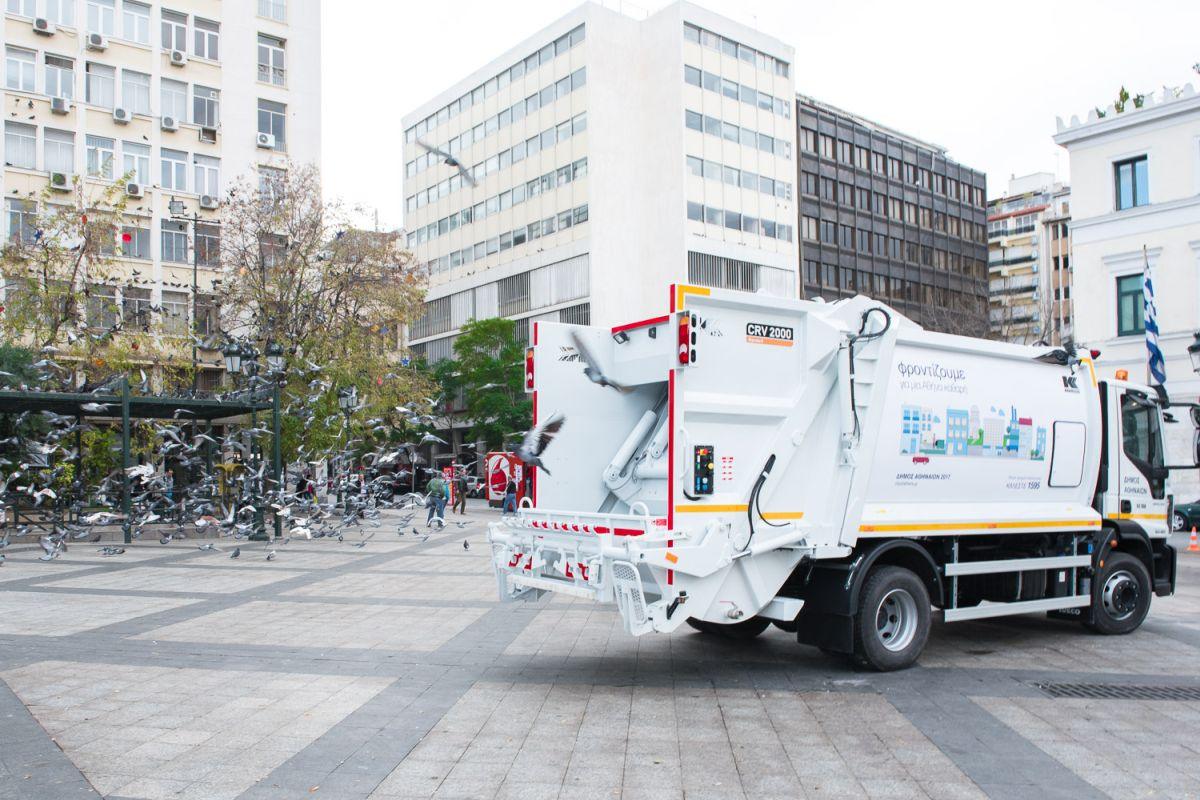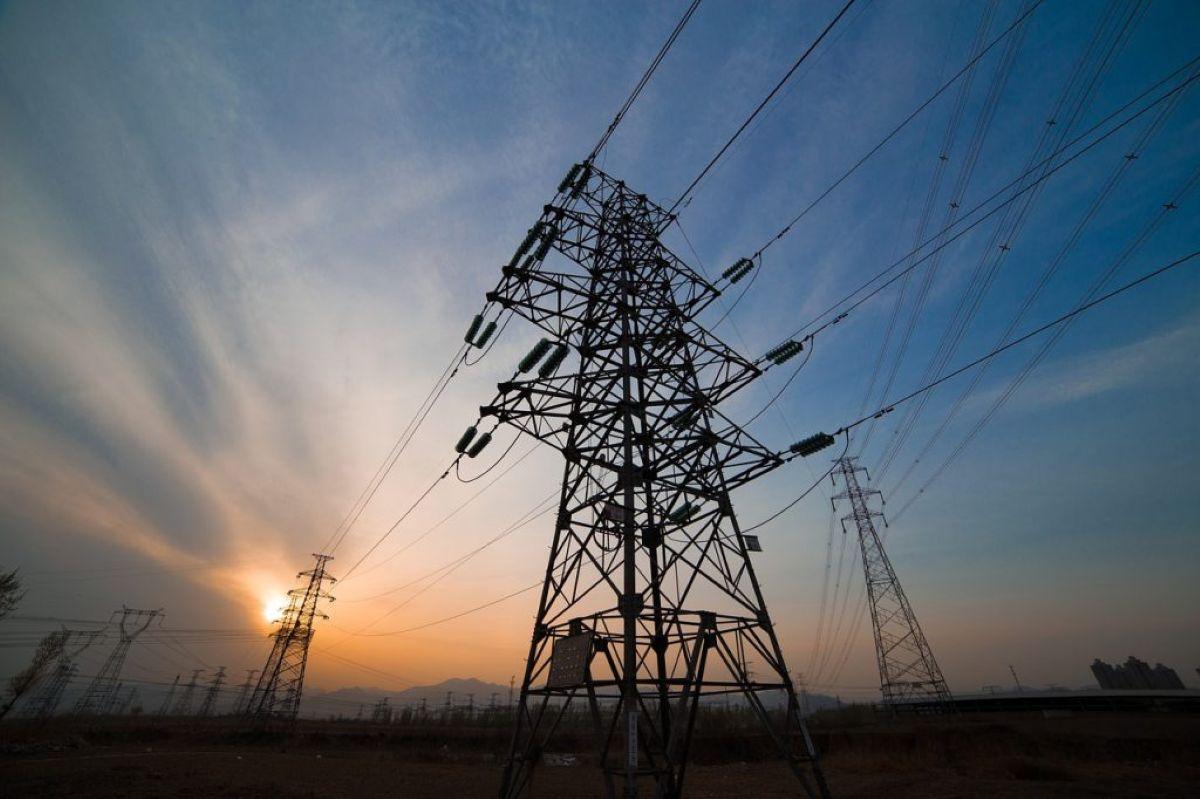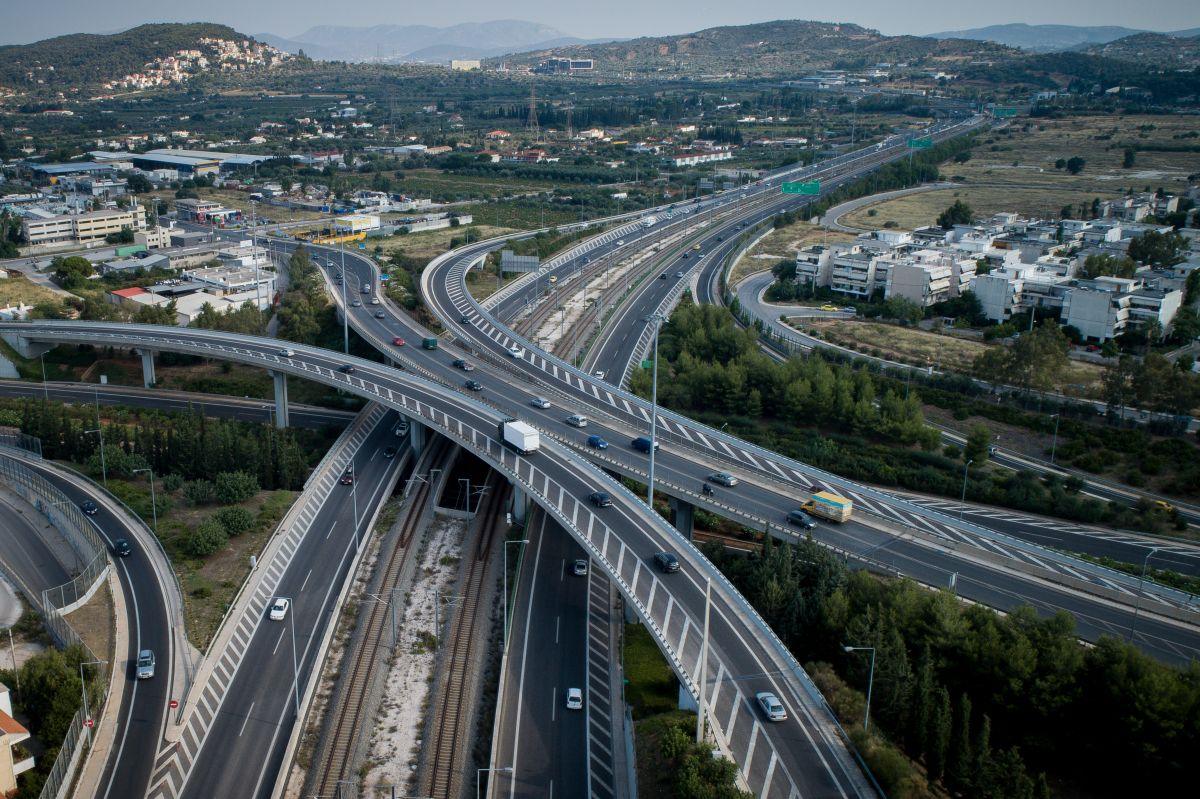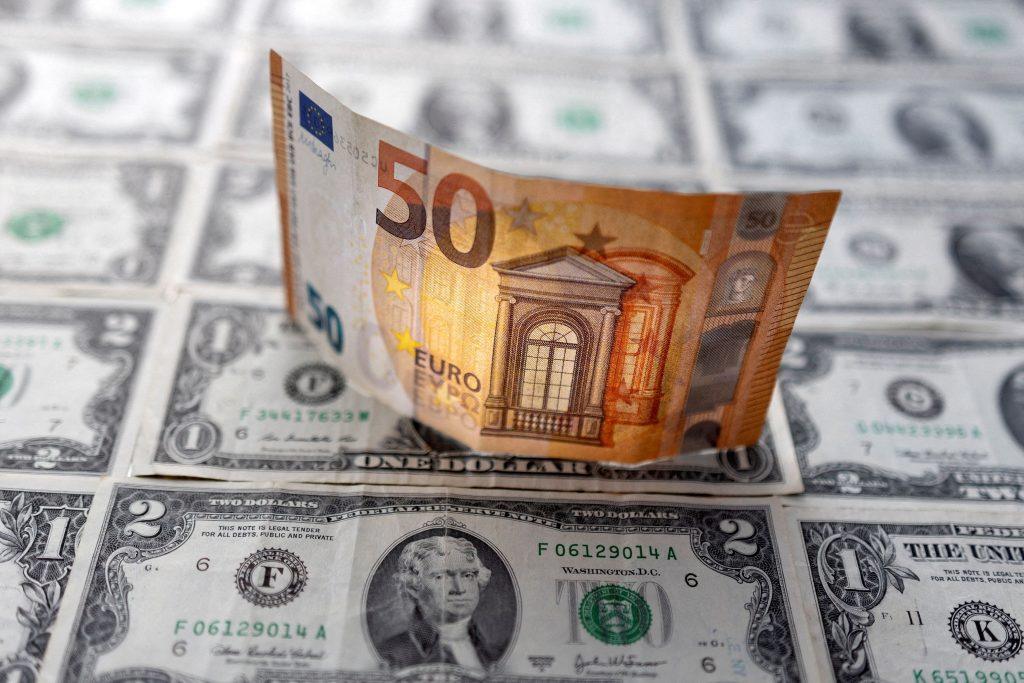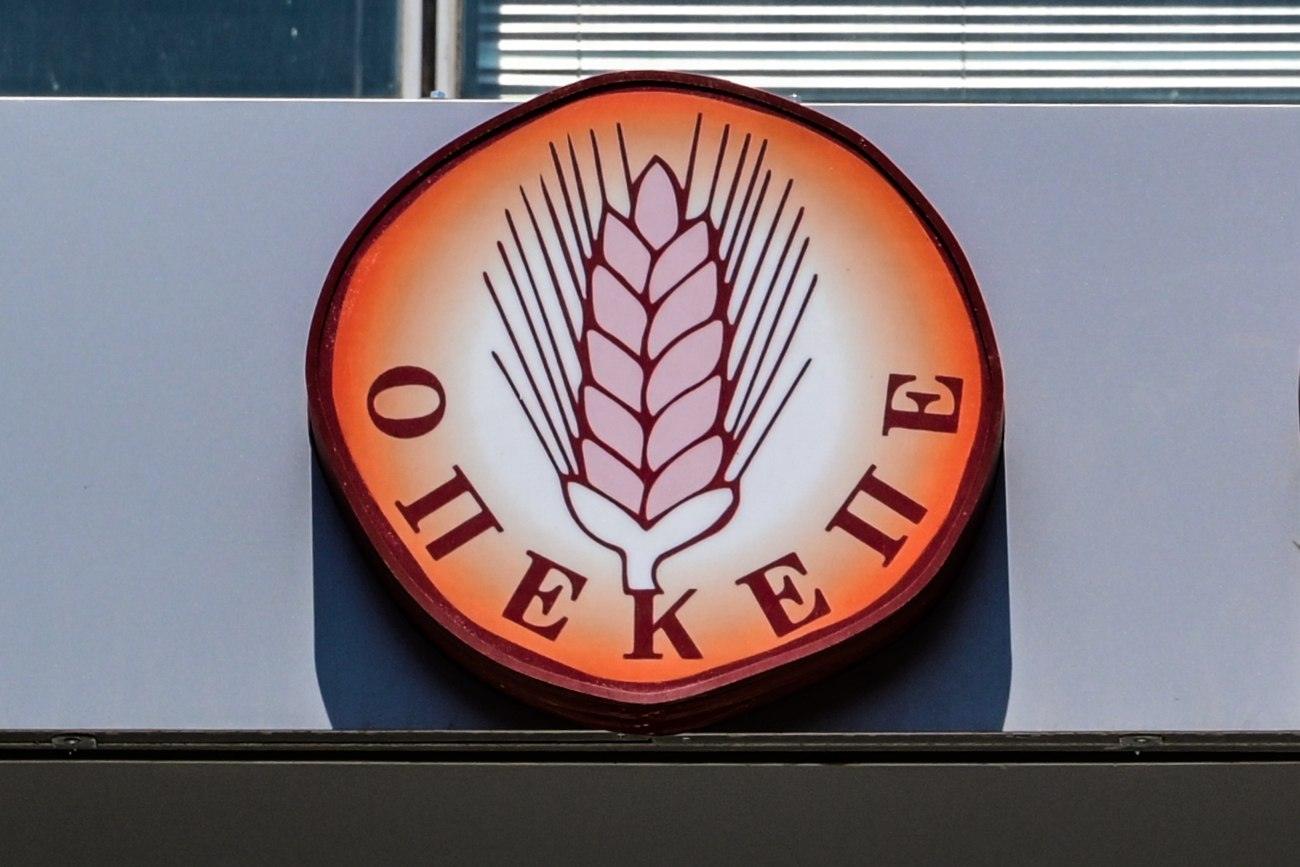This winter is expected to be difficult on the inflation front, with price increases for gas, electricity and oil passing to retail prices, causing increases in all products and services.
The “bell” has already tolled. Inflation rose to a record high in November as it climbed to 4.8%, which indicates the large wave of price increases in the Greek market.
The sharp rise in inflation is a consequence of the “explosive” increase in energy prices, but also in many other products.
The domino effect of price increases that extends to basic foodstuffs is affecting household incomes, causing chain reaction side effects across the economy as it slows down consumption and burdens business costs.
The blows of precision are stronger in low incomes as recorded in the latest report of the GSEE Labor Institute for Economy and Employment.
Only the increase in the price of housing, transportation, food and non-alcoholic beverages in October reduced the purchasing power of the minimum wage, while the continuing increases in the price of energy increase the erosion of its purchasing power by close to 10%.
November data
According to the official data of the Statistical Authority, there was a jump of 180.9% in natural gas prices compared to November 2020, a rise of 45.2% in heating oil and 37.8% in electricity.
At the same time, there are large increases in basic foodstuffs for households.
As a result, there is a 21.3% increase in prices for lamb and goat meat, 18.5% for olive oil and 11% for potatoes.
Fuels and lubricants increased by 24.9%, hotel prices by 12.8% and air transport by 12.8%.
The difficult December
Inflation has accelerated tremendously as it rose sharply from 2.2% in September to 3.4% in October and 4.8% in November.
According to many analysts, the price rally is expected to continue in December, when there will be a correspondingly large increase, despite the current stabilization of prices in oil and gas.
According to Eurostat data, Greece ranks 13th among the 19 eurozone countries in the scale of inflationary pressures in November as it recorded a harmonized index of 4.3% (from 2.8% in October), a decade high (since March 2011) compared to 4.9% in the euro area.
Lithuania holds the scepter with 9.3%, followed by 7.1% of Belgium and 6% of Germany (30 years old), 4% of Italy and 2.7% of Portugal.
Among eurozone countries, inflation was lowest in Malta in November
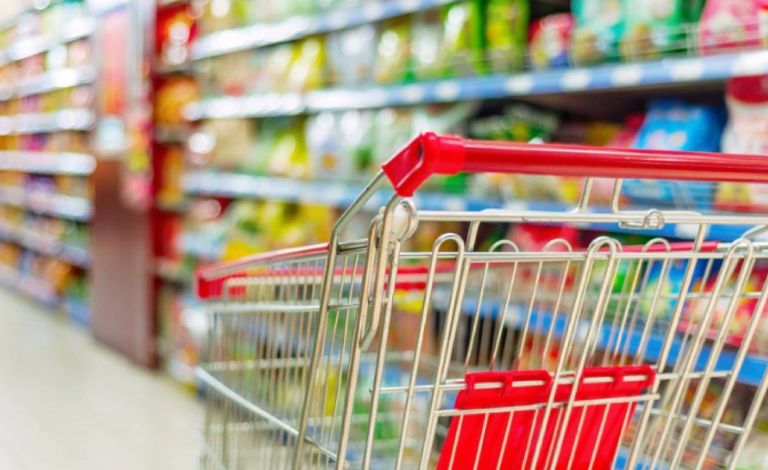
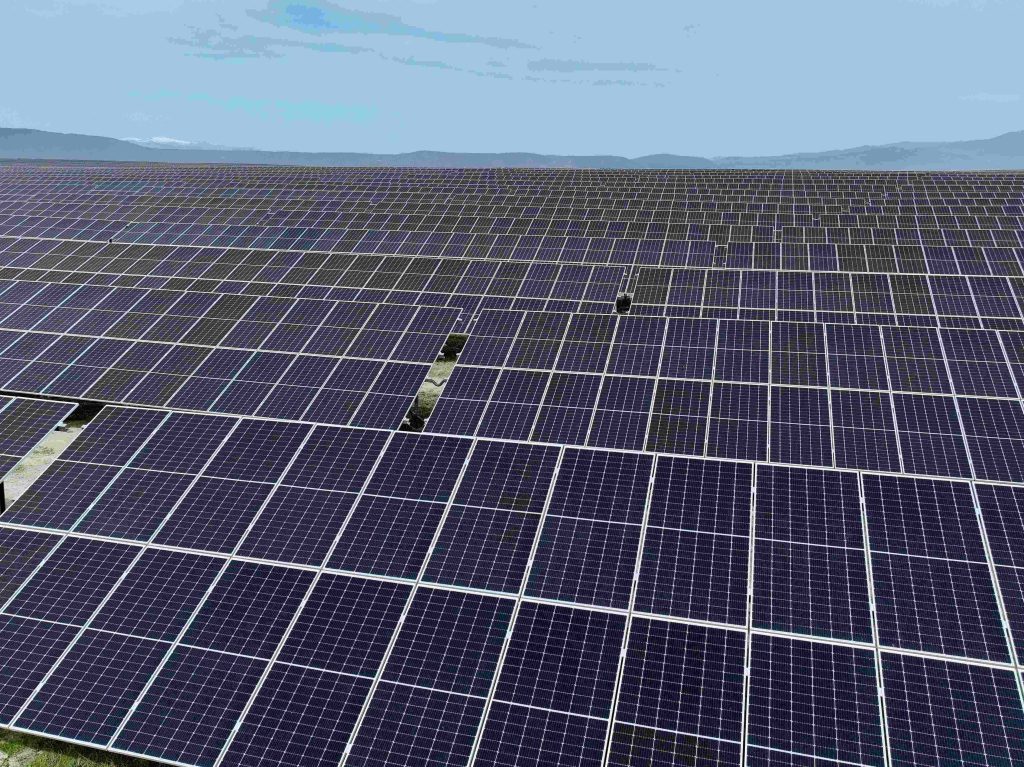




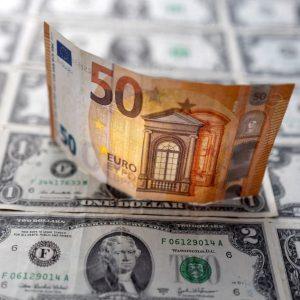





![Δασμοί: Οι εμπορικές συνομιλίες ΕΕ-ΗΠΑ για τους δασμούς στα αυτοκίνητα [γραφήματα]](https://www.ot.gr/wp-content/uploads/2025/07/tofas.jpg)
![Τεχνητή νοημοσύνη: Η ζήτηση ενέργειας αυξάνει τις εκπομπές CO2 [γράφημα]](https://www.ot.gr/wp-content/uploads/2025/02/data-center.jpg)
![Χρυσές λίρες: Πουλάνε μαζικά οι Έλληνες το εξάμηνο του 2025 [γράφημα]](https://www.ot.gr/wp-content/uploads/2025/07/photo_2025-07-04_13-01-06.jpg)
